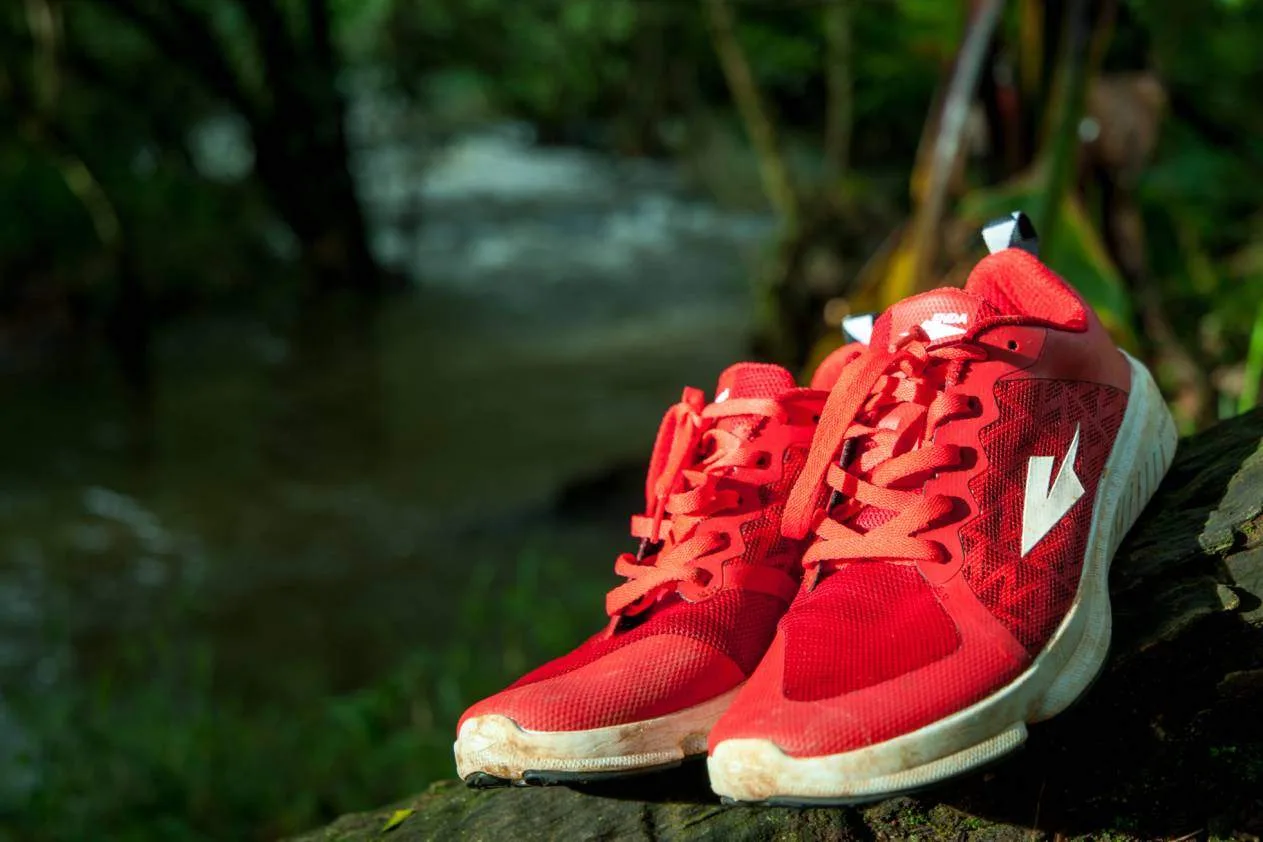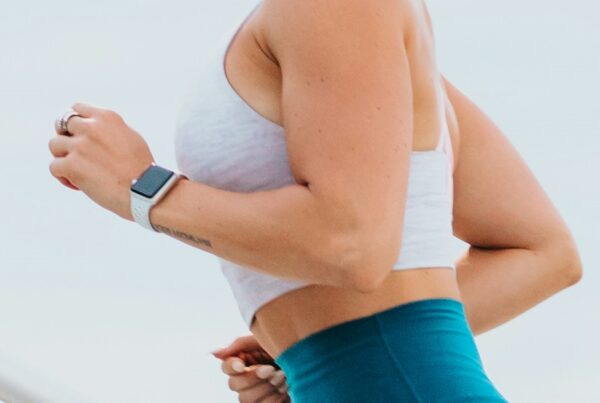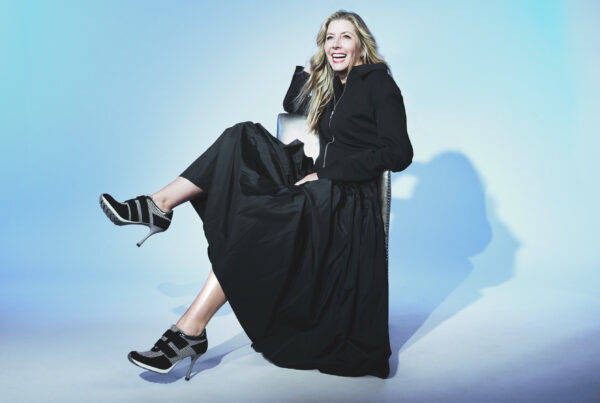Feet are the most-used part of the body, yet they often receive the least amount of attention. When it comes to exercise, don’t compromise. Invest in the right shoes.
Whatever your age, you can ask yourself the question: “What have I done with these feet?”
Whether you have done ballet or sprinting, worn high heels or solid clogs, every repetitive movement and style of shoe influences the shape of your feet. “The foot is not a solid structure; it’s a very mobile structure, made up of lots of little bones held together with ligaments. Over time, feet change,” explains Chris Delpierre, podiatrist at the Sports Science Institute in Cape Town.
“Obviously, the bones in your feet are not going to grow bigger, but your foot can change shape. Gravity can stretch ligaments and muscles can shorten. “You could make the case that not walking barefoot enough has had an influence on our foot health,” says Delpierre. “In an evolutionary blink of an eye, we have eliminated the beautifully textured and angled surfaces of the land, covering them in a flat, hard, unforgiving material. We now have a foot that is wrapped in a shoe doing exactly the same thing every time we walk on it when it is designed to constantly adapt. This means our feet can also make the same habitual mistakes every time.
“But if you walk barefoot on a constantly changing surface, your feet are getting a full workout, twisting and rotating in all directions. Explore natural outdoor spaces where there is a variation under your feet. We have locked away our dexterity. Wear shoes that allow your feet to move.”
Tight tendons and bad shoes
Dr. Jason Crane, an orthopaedic surgeon specialising in foot health at Cape Town Mediclinic, outlines the problems tight Achilles tendons or incorrect shoes can cause.
- Hard shoes. Running in shoes that are too hard can cause plantar fasciitis (inflammation of the tissue that connects the heel bone to the toes, causing pain). Research shows plantar fasciitis is also linked to a tight Achilles tendon. Physiotherapy can stretch out this tendon, and shockwave therapy can resolve any spurs. Another issue with a tight Achilles is the adult-acquired flat foot. If caught in time, orthotics, physiotherapy, and shockwave therapy can prevent invasive surgery.
- Elevated heels. Too-high heels can shorten the Achilles tendon, leading to tarsal-tunnel syndrome. Here a nerve becomes trapped behind your ankle. “Just by changing to the correct shoes, you can relieve the pressure and eliminate the burning or numbness in your
- Tight shoes. This common problem can lead to conditions such as hammertoes or Morten’s neuroma, where the end of your toes becomes enlarged, causing severe pain. It can also give a numb or burning sensation when you go running. Getting the correct shoes early on can reverse nerve inflammation.
The importance of the correct shoes for the correct activity
“We were designed to walk around barefoot, and for millions of years, we did well in nature. But then we invented different sports and different playing surfaces, such as clay and concrete courts, Astroturf, boxing gyms, and ballet studios. Each of these had a different surface with different properties. Some were hard and unforgiving, while others were spongy and elastic,” explains Crane.
“Many sports are played on Astroturf, and if incorrect shoes are worn, I see multiple big-toe injuries. These are called turf toe, and can be devastating for an athlete, as it could mean six months out of competing.”
Cross-trainers
A good cross-trainer should have the flexibility in the forefoot you need for running, combined with the lateral control necessary for aerobics or tennis.
Running shoes
Conventional thinking suggests that a good running shoe should have ample overall cushioning to absorb shock and good heel control. Although not a cure-all, these qualities in a running shoe may help to prevent shin splints, tendinitis, heel pain, stress fractures, and other overuse syndromes. Today there are also many advocates for minimalist running shoes. Here are 10 Great Reasons to Get Those Running Shoes On.
Minimalist shoes
When it comes to running or walking in nature, minimalist shoes are worth a try. They have no heel elevation and are designed to mold to your foot, allowing the full natural spectrum of movement. Foot problems often stem from weak muscles in the lower leg, ankles, or feet.
In a study conducted by Harvard Medical School in September 2016, researchers found that running with minimalist running shoes (MRS) strengthened the leg and foot core system. Dr Roy Cheung suggests that proper foot core training could replace orthotic devices when treating injuries or weak foot muscles.
“A normal running shoe with a heel puts less pressure on the Achilles, so it can actually shorten,” explains Delpierre. “If you build up slowly, you can definitely get a better result from flat shoes, and less chance of plantar fasciitis. By running flat-foot (like barefoot), you actually lengthen the Achilles tendon, so in the long run, minimalist running is better for you, as long as you build it up gently. People who use minimalist shoes incorrectly, or don’t address a short Achilles, may increase the risk of plantar fasciitis.”
Cycling 
“Cyclists can no longer be competitive if they wear takkies and clips,” suggests Crane. “Now they wear carbon-fiber cycling shoes with cleats, which clip onto the bike and transmit all their power into propelling the bike forwards. But if the cleats are set up incorrectly, this causes metatarsalgia (pain in the balls of the foot) and hotfoot (due to pressing on the nerve on the inside of the ankle).”
Top Tip
When choosing shoes:
- Try on athletic shoes after a workout, when your feet will be at their largest.
- Make sure the shoe has at least 1 cm of space from the toes to the end.
- You should be able to freely wiggle all of your toes.
- Walk and run a little. Shoes don’t need “breaking in”; they should be comfortable immediately.
- Your heel should not slip as you walk or run.
- Women with wide feet can consider men’s shoes, as they are wider.
There is nothing like finding the perfect shoes to ensure happy feet. Delpierre says: “Feet are freedom. Feet are mobility.”





![women [longevity live]](https://longevitylive.com/wp-content/uploads/2020/01/photo-of-women-walking-down-the-street-1116984-100x100.jpg)










One Comment